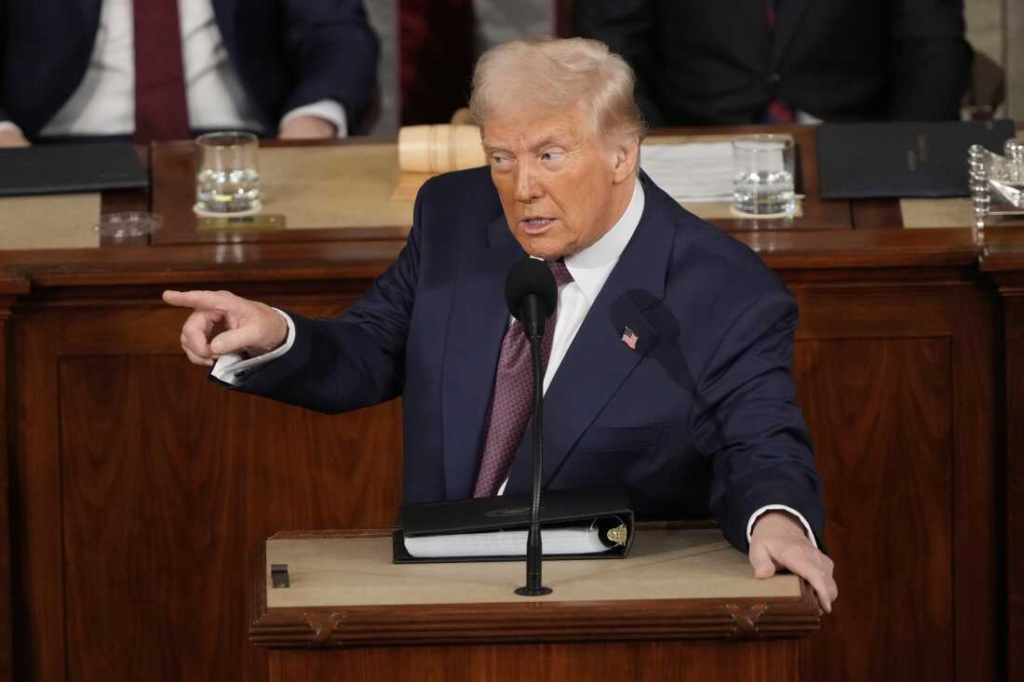
President Donald Trump has escalated his controversial effort to end birthright citizenship in the United States, taking the legal battle to the Supreme Court.
Trump’s executive order, signed on his first day in office, seeks to end birthright citizenship for children born in the U.S. to parents who are in the country illegally. However, the order was blocked by federal district courts in Maryland, Massachusetts, and Washington state.
Trump Administration Seeks Supreme Court Intervention
In an emergency application to the Supreme Court, the Justice Department requested a narrowing of the nationwide lower court injunctions, limiting their scope to the specific plaintiffs involved in the three cases.
The Justice Department’s acting Solicitor General, Sarah Harris, described the request as “modest.” Notably, the administration has not yet sought a ruling from the Supreme Court on whether eliminating birthright citizenship is constitutional.
“Those universal injunctions prohibit a Day 1 Executive Order from being enforced anywhere in the country,” Harris stated. “While the parties litigate weighty merits questions, the Court should ‘restrict the scope’ of multiple preliminary injunctions that ‘purport to cover every person in the country,’ limiting those injunctions to parties actually within the courts’ power.”
Legal Pushback and National Debate
Trump continues to face legal challenges as he pushes forward with policies aimed at reducing illegal immigration, cutting government spending, and downsizing the federal workforce.
In a separate legal setback, a district judge in California ordered six federal agencies to reinstate thousands of probationary workers who had been dismissed.
‘Epidemic Proportions’ of Court Injunctions
Harris also criticized the growing number of nationwide injunctions issued by district court judges against Trump administration policies.
“Universal injunctions have reached epidemic proportions,” she said, arguing that they prevent “the Executive Branch from performing its constitutional functions.”
Trump’s executive order was originally set to take effect on February 19.
The 14th Amendment states: “All persons born or naturalized in the United States, and subject to the jurisdiction thereof, are citizens of the United States and of the State wherein they reside.”
Trump’s legal team argues that individuals in the U.S. illegally or on temporary visas are not “subject to the jurisdiction” of the country, thereby making their children ineligible for birthright citizenship.
Judge Calls Executive Order ‘Blatantly Unconstitutional’
Judge John Coughenour of Washington state, who ruled against Trump’s order, dismissed the argument outright.
“I’ve been on the bench for over four decades, and I can’t remember another case where the question presented is as clear as this one,” said Coughenour, a Republican-appointed judge. “This executive order is blatantly unconstitutional.”
Supreme Court’s Role in Shaping Immigration Policy
With a conservative-majority Supreme Court—including three justices appointed by Trump—the case could set a major precedent regarding executive power and immigration policy.
As legal battles continue, the Supreme Court’s eventual ruling may determine the future of birthright citizenship in the U.S.
